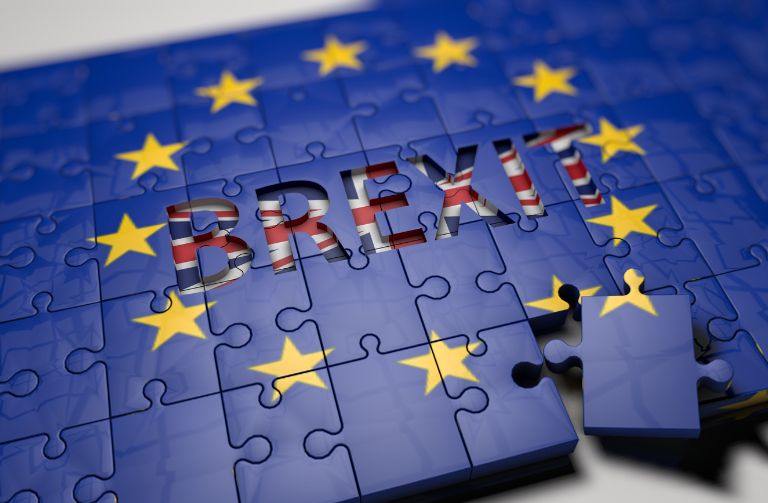Inevitably, the UK’s exit from the EU has brought trade barriers that did not exist before. The consequences affect both public administrations, businesses and citizens.
Are you considering moving your entity from the UK to Spain? Are you thinking of setting up a business in Spain after Brexit? If you are planning to start a company in Spain and are concerned about some after Brexit struggles like being able to be resident in Spain, new regulatory burdens, requirements at borders, certification of products for export and getting your EORI number among others, keep reading this article and we will try to solve your doubts! On the other hand, we also have another article explaining how to start a business in Spain: legal structures, steps and cost.
What checks will take place at the GB-UK border after Brexit?
Once the UK has left the single market and customs union on the 31st of December 2020, border checks are required in order to make sure that any applicable tariffs or duties are paid and that imported goods meet the relevant standards in areas such as food and product safety and disease control, to prevent smuggling and illicit activity, and to comply with international obligations. However, the Northern Ireland protocol removes the need for border controls on the island of Ireland but sets out new rules for goods moving from Great Britain into Northern Ireland.
For almost all goods, there’s a need to provide customs declarations. This way governments can collect information about the imported or exported goods. What information is included here? It must contain the type of goods, transport, customs value and any tariffs or duties. These checks apply from the 1st of January 2021 onwards.
Take into account that you might also need to pay tariffs on goods traded between GB and the EU, but it is possible to defer payments until customs declarations are made (this cannot be later than July 2021). Bear in mind as well that additional checks and special licences can be applicable to some goods, such as live animals, products of animal origin, plants, agri-food products, chemicals, pharmaceuticals, alcohol, tobacco and many more.

What is an EORI number, who needs it and how to get it?
EORI stands for Economic Operators Registration and Identification number. This number helps companies and individuals willing to import and export across the EU to be more efficient in economical operations and upfront customs authorities.
Its format is composed of two parts, the country code and a number or code unique in the Member state.
As mentioned before, if you are considering trading with the Spanish market or across the European Union you need an EORI number for customs purposes. This applies to both businesses and people established in the EU territory or established outside the EU.
If you are having doubts or need a hand on this matter, we can help you to get your EORI number at the customs authorities of the EU in order to smooth your trade procedures.
You can also take a look at specific ways of operating in Spain, such us setting up a company, Branch Offices, Subsidiaries and PEO/EOR (no entity needed!). Depending on your needs, we will advise you on which structure is better for your business and register it in the Mercantile Registry.
Can I become Spanish resident after Brexit?
This is a point that many British citizens and expats from other countries ask themselves. In general, the main questions regarding becoming Spanish resident or remaining as a non-resident tends to be tax related, but it also depends on other factors, such as your plans and current situation. For these reasons each case needs to be considered by our professionals in order to give you the best advice. However, let’s see some examples:

If you already have a second home in Spain, you can consider qualifying as a resident. The same happens if you spend more than half of the year in Spain or if your dependent partner or family actually lives in the sunny country.
Another option to get the Spanish residency is by applying for the Golden Visa. You can obtain this Visa by investing in your business in Spain or spending 500.000€ in real state or qualified financial investments. This way the Golden Visa holder and their family members have the possibility to reside in Spain and visa-free access to the Schengen Zone.
You can also remain as a non-resident by applying for the Beckham rule. If you work in Spain you can be eligible for this option, which is a special tax regime that allows expats to live in Spain while remaining non-residents, so that their Spanish employment income is taxed at a fixed rate of 24 per cent up to 600.000€, rather than the progressive tax rates applicable to Spanish residents.
At Gromi we advise you on all these matters. Do you have questions or doubts? Contact us! We can answer all your questions and guide you on how to set up your business in Spain after Brexit with ease.

